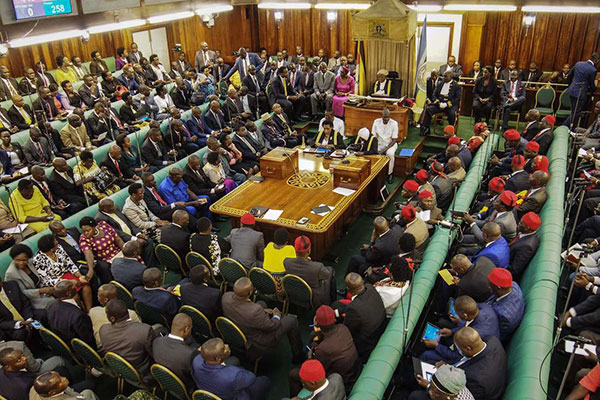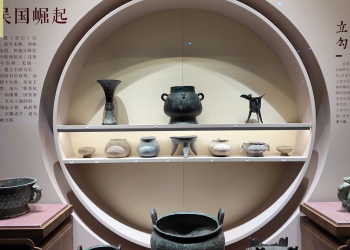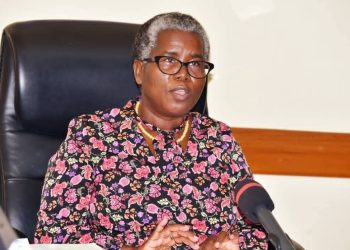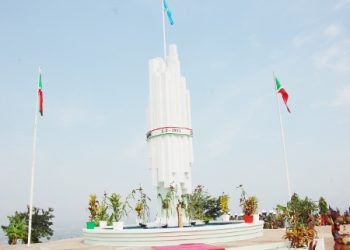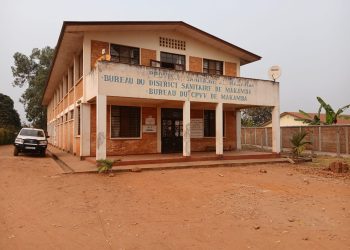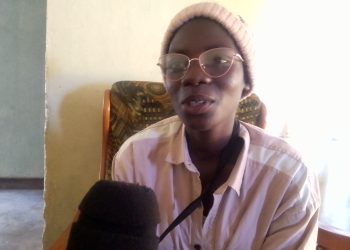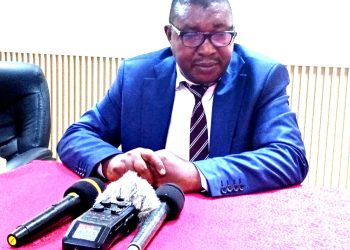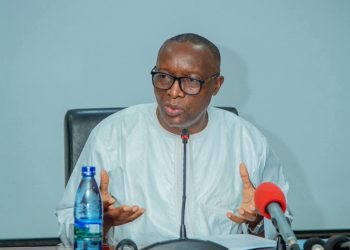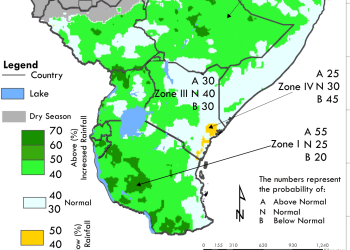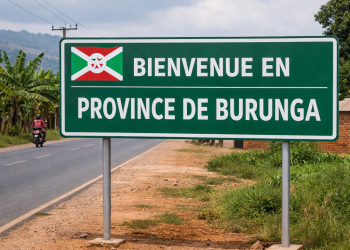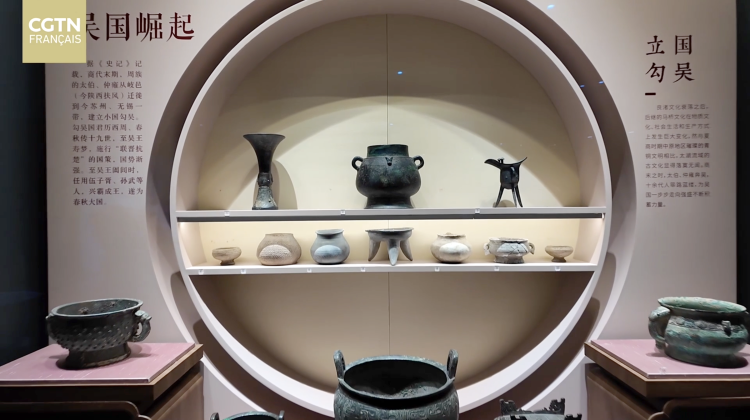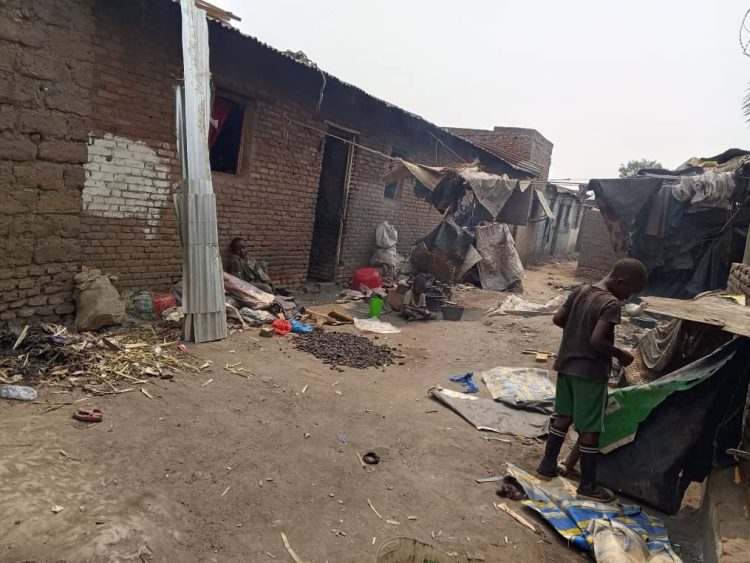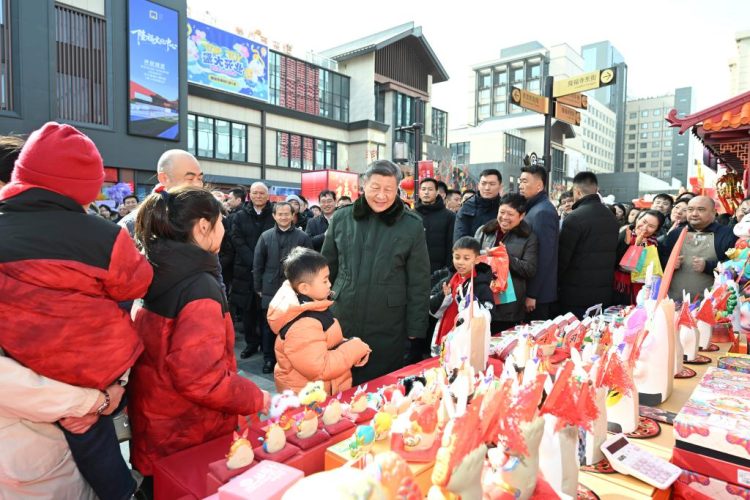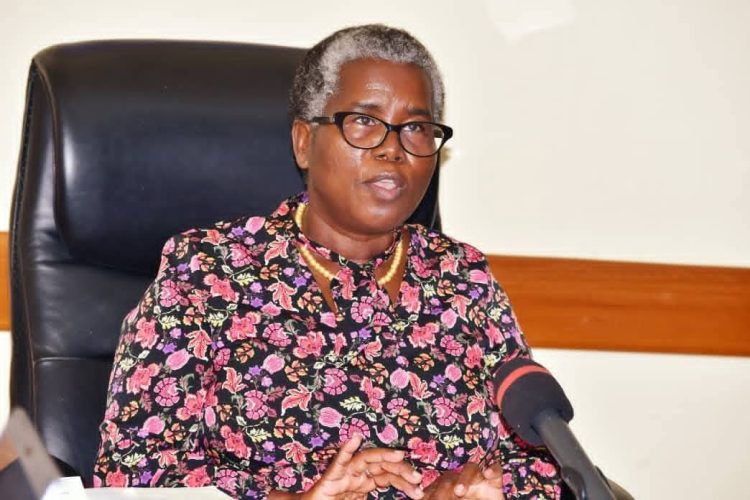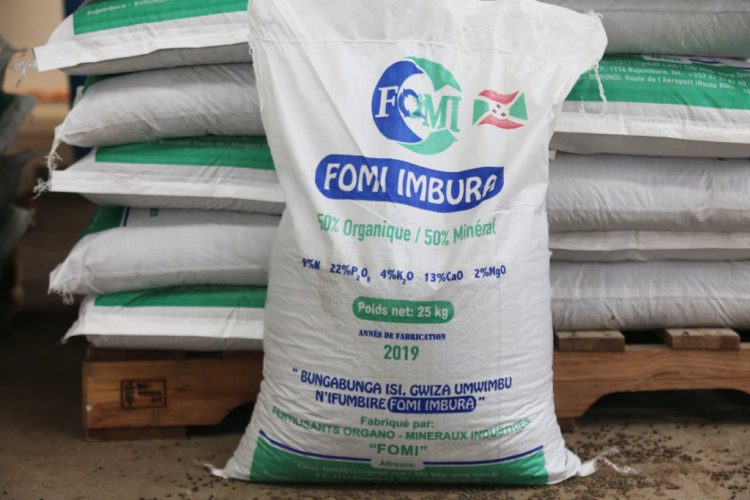Ugandan legislators have each pocketed Ush29 million ($8,000) as a payout for consultations on legislation to extend the president’s rule, a parliamentary spokesman said on Tuesday, a move opponents denounced as a bribe.
The Bill would scrap a constitutional age cap preventing President Yoweri Museveni, 73 and in power for 31 years, from standing in the next election. It is likely to pass, given the ruling party’s majority, when it is voted on later this year.
A staunch ally of Western powers, Mr Museveni is widely seen as an anchor of stability in the often volatile Great Lakes region after decades of violent Ugandan dictators. Critics say he has evolved into just another African strongman using corrupt and ruthless tactics to retain power for life.
Consultations
Parliamentary spokesman Chris Obore said the one-off payment had been released to the legislators’ bank accounts this week.
“It’s to help them to consult with their constituents on this Bill,” he told Reuters.
MPs are among Uganda’s best-paid public servants; their monthly remuneration of about $5,900 already includes expenses for regular travel to their constituencies to consult with voters.
But low-paid public employees like teachers, police and health workers often do not see their salaries paid on time – typical delays can run to three months. Public hospitals are often missing important drugs.
Public anger over waste and corruption is growing, and protests have erupted in different parts of Uganda against the Bill. Security forces have responded by using tear gas and live bullets to suppress the demonstrations.
Dozens of people have been arrested and two have died in the protests.
At the moment, Mr Museveni cannot run for re-election in 2021 because the existing Constitution bars candidates aged above 75 years. He backs the private member’s Bill, introduced in parliament last month, that seeks to scrap the age cap.
The amendment, which critics say will clear the way for Museveni to rule for the rest of his life, has met broad resistance from some ruling party supporters, opposition, religious leaders and rights activists.
“This is an outright bribe,” John Baptist Nambeshe, one of the MPs opposed to the Bill, told Reuters. “To claim that it’s a normal parliamentary facilitation – it defeats logic.”
In total, the country is spending about Ush13 billion ($3.55 million) to facilitate consultations on the Bill by 445 legislators, Mr Obore said.
In 2005, MPs were also offered a one-off payment of Ush5 million to consult on a draft Bill that removed a two-term cap on incumbency from the Constitution, allowing Mr Museveni to stand again. Each term is five years.
That was the only other occasion MPs have been paid to consult on a specific Bill, and it also attracted wide criticism as a thinly-disguised bribe. The Bill was passed.
Reuters

